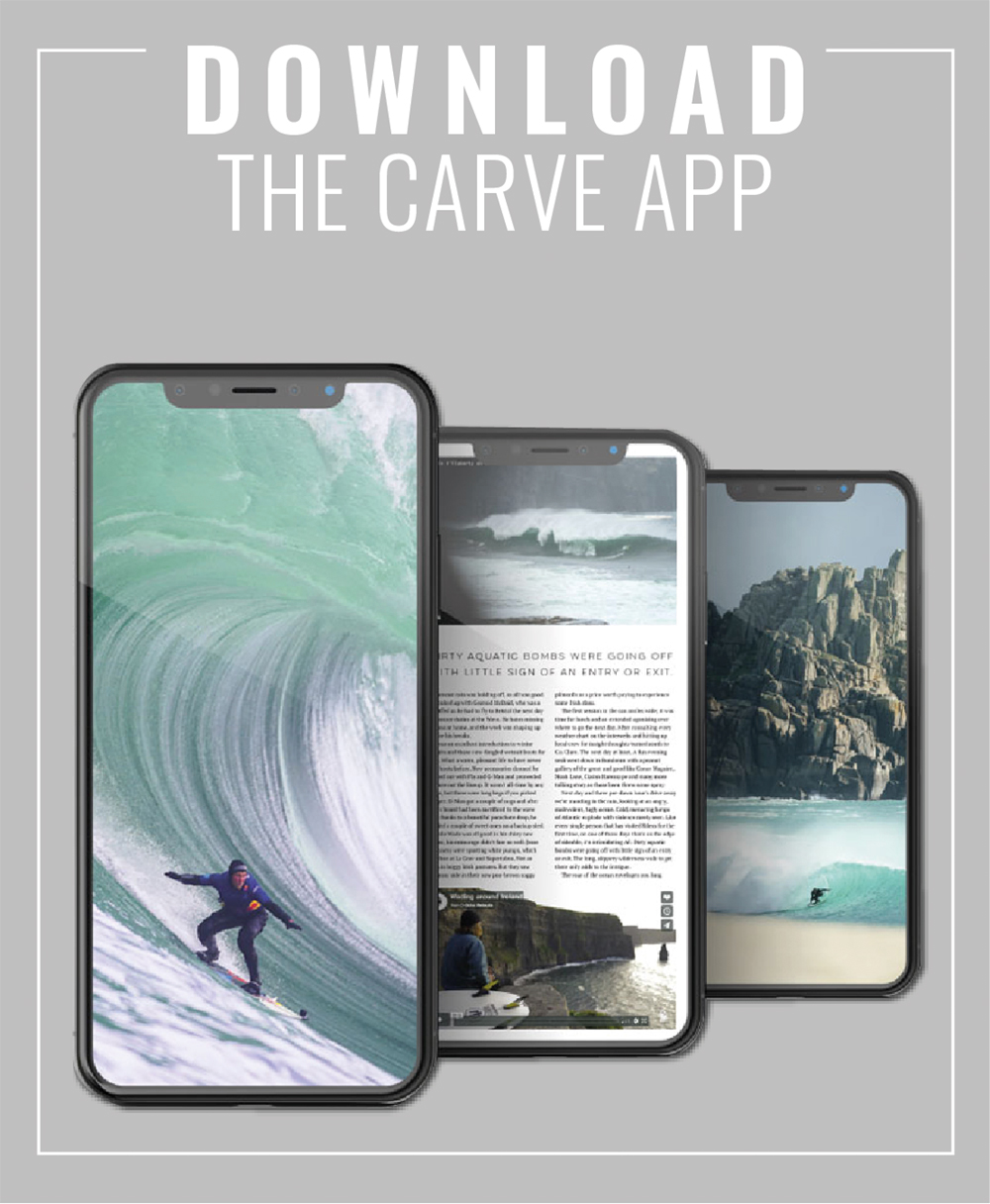Dr Anne Leonard interviews surfers on a beach in Cornwall, UK. Photo credit: University of Exeter.
A study from University of Exeter Medical School surfers are three three times more likely to host an antibiotic resistant ‘superbugs’ in their guts than non-surfers
Researchers wanted to find out if surfers were more vulnerable the super bugs that pollute beaches via CSO’s and farm run off.
Samples from 143 surfers who surfed at least three times a month and compared them to samples from 130 people who had little exposure to the sea.
The findings of the Beach Bums study, published in the journal Environment International, showed 9% of surfers were carrying an anti biotic resistant E. coli compared to only 3% of samples taken from the non-surfers.
Surfers were also 4-times more likely to harbour bacteria that contain mobile genes that make bacteria resistant to the multiple antibiotics. The bugs are able to pass on resistance DNA to other bugs in the body.
The rise of antibiotic resistant bacteria has been globally recognised as one of the greatest future global health challenges. As bacteria become immune to antibiotics, the ability to treat common infections diminishes. The 2016 O’Neill report on antimicrobial resistance warned superbugs could kill 10 million people a year worldwide by 2050 unless action is taken.
Harmful bacteria contaminate sea water and beaches via sewage and water run-off from farm crops treated with manure. CSO (Combined Sewer Overflows) regularly affect UK beaches in the the winter with most discharges unmonitored as water companies switch off equipment out of ‘bathing season’ (May 15th until September 30th) – read ‘in peak surf season’ (October -April).
David Smith, science and policy officer at Surfers Against Sewage, said: “The Beach Bums study highlights an emerging threat to surfers and body boarders in the UK. Recognising coastal waters as a pathway for antibiotic resistance can allow policy makers to make changes to protect water users and the wider public from the threat of antibiotic resistance.” He also recommended people use the SAS Safer Seas App which warns of sewage and run off pollution…
Unfortunately the SAS Safer Seas App doesn’t work in peak season for surfing and CSO discharges as the water companies won’t hand over data… so thousands of surfers are unknowingly exposing themselves to the bacteria.
“This research is the first of its kind to identify an association between surfing and gut colonisation by antibiotic resistant bacteria,” said Dr Anne Leonard, of the University of Exeter Medical School, who led the research.
The increasing prevalence of drug resistance in bacteria has led to England’s chief medical officer, Professor Dame Sally Davies, to warn of an approaching “post-antibiotic apocalypse”.






